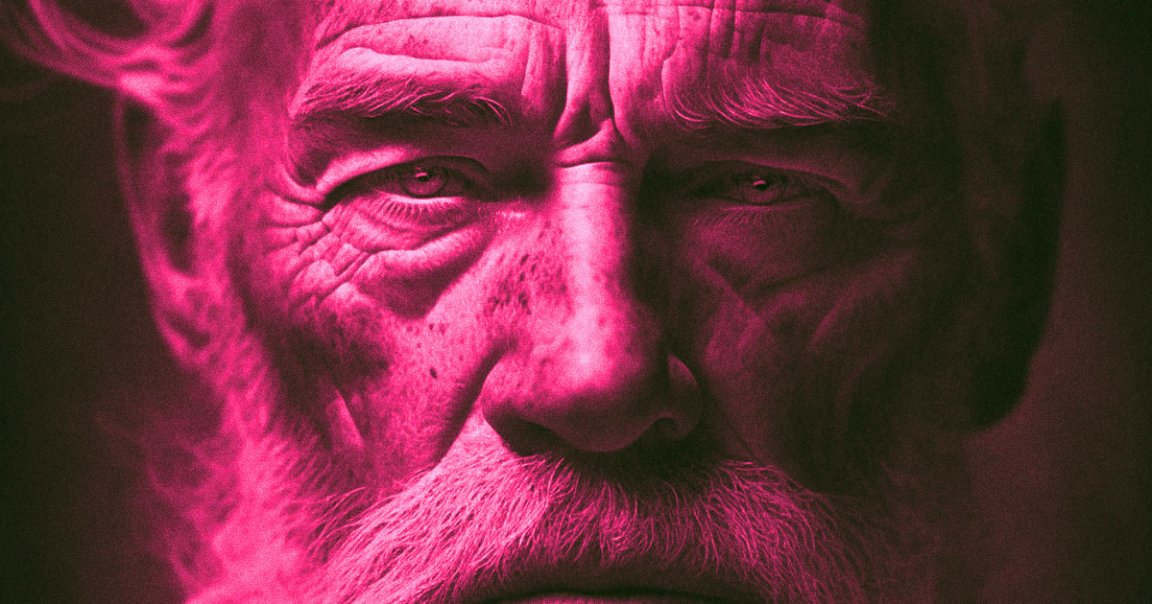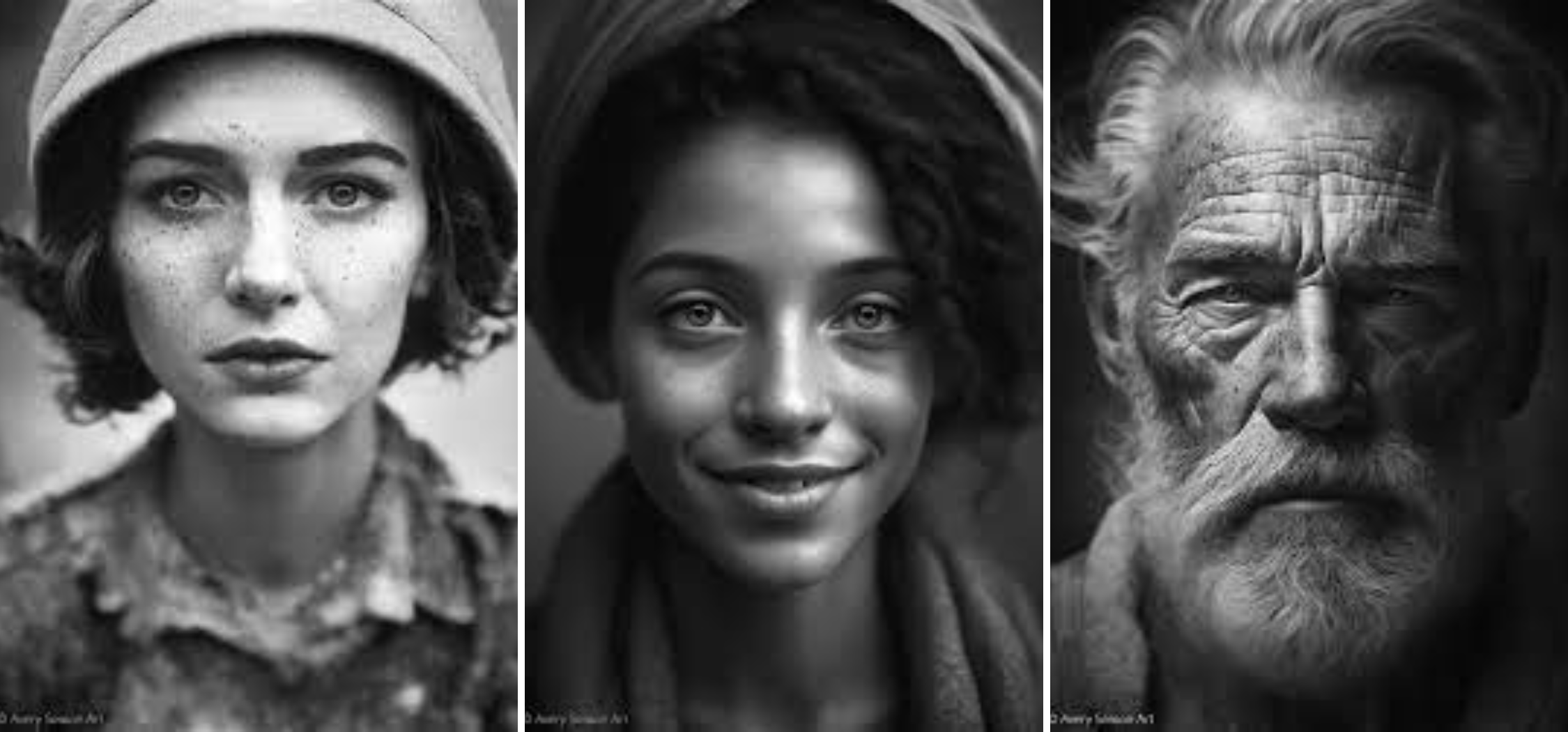
Coming Clean
A viral Instagram photographer has a huge secret: most of the people whose faces grace his work don’t exist, and were instead generated by artificial intelligence in what he says was meant to be a social experiment.
As Ars Technica reports, artist Jos Avery decided to reveal his use of AI image generation after he began racking up IG followers, with his follower count swelling to the tens of thousands in the few months since he launched his project.
“Probably 95%+ of the followers don’t realize” that the black and white portraits, which often feature soft expressions and high contrast, are “AI-generated [and] human-finished,” Avery told the website in an email, noting that two of the portraits do feature real people while not revealing which two he meant.
The artist told Ars that he initially creates his subjects using the powerful Midjourney image-generating software, which is known for its gorgeous, photorealistic “portraits” that can, as the website notes, trick unskilled viewers into thinking they’re the real thing. He then retouches the images using Adobe Lightroom and Photoshop.

True Believer
Avery said he was initially a skeptic of AI art, but that he created his Instagram account in October 2022 after becoming a convert and deciding to see if people would notice that the “people” in his photographs weren’t real people at all.
“I am honestly conflicted,” the artist told Ars when he first approached the site in January. “My original aim was to fool people to showcase AI and then write an article about it. But now it has become an artistic outlet. My views have changed.”
Avery was soon taken aback by how personally people took his work, and initially rationalized his AI non-disclosure by reminding himself of how heavily manipulated the photos and videos seen in film, television, and in magazines are.
“It seems ‘right’ to disclose [AI-generated art] many ways — more honest, perhaps,” the artist told the website. “However, do people who wear makeup in photos disclose that? What about cosmetic surgery? Every commercial fashion photograph has a heavy dose of Photoshopping, including celebrity body replacement on the covers of magazines.”
Eventually, however, Avery decided he would “like to come clean” — and he doesn’t know what that will mean for his artistic future.
“Frankly,” Avery told Ars, “I’m not entirely sure how to proceed.”
More on AI art: This Entire Sci-Fi Magazine Generated With AI Is Blowing Our Puny Human Minds